SIGnetwork: August 2022
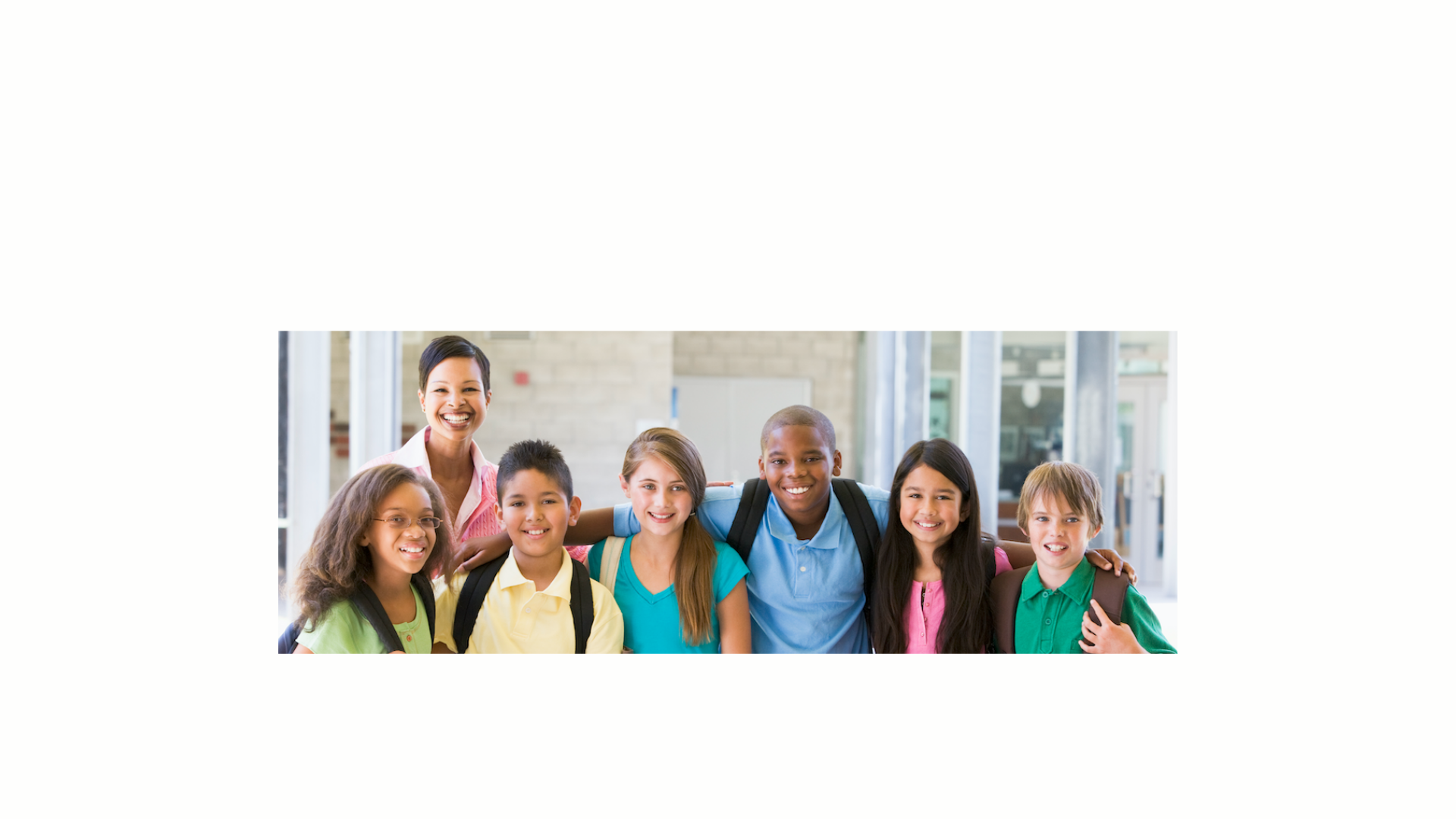
News You Can Use

2022 SPDG Program Area Meeting: Celebrating our Strengths
SPDG successes were the name of the game as we heard from Kailey Bunch-Woodson, Kristen Perez-Rickels, Cheryl Huffman, Annette Young, and Sydnee Seager. They each described a different aspect of SPDG work, what celebration means for the work, and the impact it’s having. You can view the recording and event slides here.

August Directors’ Webinar Recording & Resources
Project Director Interview Series: “What I’ve Learned So Far”
with Brandi Gerry, South Dakota
My Child and their IEP Meeting: Family Engagement in Special Education: Alison Gauld, Tennessee
Event Recording; Chat Transcript; Presentation Slides
From South Dakota: Classroom Observation Checklist; State Leadership Team Template
Upcoming SPDG Directors’ Webinar
2nd interview in the series “What I’ve Learned So Far” with Karen Suddeth, Project Director of the Georgia SPDG.
Additionally, Karen Erickson will share the Tar Heel Reader a collection of free, easy-to-read, and accessible books on a wide range of topics. Each book can be speech enabled and accessed using multiple interfaces, including touch screens, the IntelliKeys with custom overlays, and 1 to 3 switches.
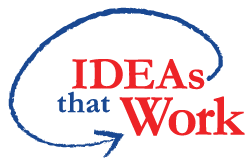
OSEP Discipline Guidance: OSEP released a comprehensive guidance package to address IDEA’s disciplinary requirements, a timely and critical topic for children with disabilities. As you know, children with disabilities, particularly children with disabilities of color, are suspended and expelled at higher rates than their peers. These disparities start as early as preschool and are persistent and widespread. OSEP’s discipline guidance package confronts these issues by providing three resources for stakeholders:
1. Dear Colleague Letter from OSEP Director, Valerie Williams
2. Questions and Answers: Addressing the Needs of Children with Disabilities and IDEA’s Discipline Provisions: provides information on 12 key topic areas
3. Positive, Proactive Approaches to Supporting Children with Disabilities: A Guide for Stakeholders a technical assistance document that provides resources, strategies, and evidence-based practices to improve outcomes for children with disabilities.



SPDG Success!

The Ohio SPDG has a strong partnership with the Ohio Statewide Family Engagement Center, led by Barbara Boone. This collaboration supports a major component of the SPDG, the Partnerships for Literacy initiative, which seeks to promote family engagement in early literacy. The SPDG measures family engagement by assessing their literacy teams’ skill proficiency in developing family engagement plans, assessed by the Family and Community Engagement for Early Literacy Inventory (FACE). Over the course of the five-year grant project, Ohio’s SPDG Project made significant strides in supporting the implementation of a multi-tiered system of support for early language and literacy in schools along with strong systemic support of family engagement.
The Ohio Statewide Family Engagement Center has produced briefs that provide practical, research-based tips for teachers, counselors, and school leaders on a variety of topics, such as Partnering with Families through Special Education and Partnering with Families to Support Mental Health. And on September 16, 2022, you are invited to join people from around Ohio and the world at their annual free Family Engagement Leadership Summit. Register now or learn more about this event on the Summit Webpage.

Improving Professional Learning

UDL Standards for Professional Learning
Learning Designed UDL School Implementation & Certification Criteria (UDL-SICC) provides 4 elements of universal design for learning (UDL) professional learning: (1) Goal driven; (2) Flexible in responding to staff variability; (3) Supports expert learning; and (4) Integrates job-embedded support.
We will discuss these standards during the September Directors’ Webinar.
Research Roundup

New WWC Practice Guide: Preparing Young Children for School
The What Works Clearinghouse has released a new practice guide, Preparing Young Children for School. Developed in conjunction with an expert panel, the guide distills contemporary early childhood and preschool education research into seven easily comprehensible and practical recommendations:
- Regularly provide intentional, engaging instruction and practice focused on social-emotional skills.
- Strengthen children's executive function skills using specific games and activities.
- Provide intentional instruction to build children's understanding of mathmatical ideas and skills.
- Engage children in conversations about mathmatical ideas and support them in using mathmatical language.
- Intentionally plan activities to build children's vocabulary and language.
- Build children’s knowledge of letters and sounds.
- Use shared book reading to develop children’s language, knowledge of print features, and knowledge of the world.
There will be three webinars on the guide:
- Social-Emotional Learning and Executive Function will introduce the guide and provide an overview of recommendations on social-emotional learning and executive function. This webinar will occur on Tuesday September 27, 2022, at 12 pm PT/3 pm ET.
- Mathematical Ideas and Language will provide an overview of recommendations on mathematics instruction and mathematical language. This webinar will occur on Wednesday September 2, 2022, at 12 pm PT/3 pm ET.
- Vocabulary, Letters, and Shared Book Reading will provide an overview of the recommendations on vocabulary and language; letters and sounds; and shared book reading. This webinar will occur on Thursday September 29, 2022, at 12 pm PT/3 pm ET.

Evaluators' Corner

A Scoping Review of the Evaluation and Effectiveness of Technical Assistance
Scott, Jillani, Malpert, Kolodny-Goetz, & Wandersman
Implementation Science Communications volume 3, Article number: 70 (2022)
Background: Although the benefits of evidence-based practices (EBPs) for advancing community outcomes are well-recognized, challenges with the uptake of EBPs are considerable. Technical assistance (TA) is a core capacity building strategy that has been widely used to support EBP implementation and other community development and improvement efforts. Yet despite growing reliance on TA, no reviews have systematically examined the evaluation of TA across varying implementation contexts and capacity building aims. This study draws on two decades of peer-reviewed publications to summarize the evidence on the evaluation and effectiveness of TA.
Research question 2: To what extent has TA provision resulted in sustainable improvements in organizations and communities?
We defined “sustainable improvements” as positive changes resulting from TA that were maintained beyond the period of TA services. The degree to which gains associated with TA are sustained over time was reported in 5% of studies. In these cases, improvements associated with TA were largely not sustained, with the effects of TA disappearing after a period of time (e.g., 1 year). One experimental study [86] found that gains associated with TA did not sustain except for the group that received the greatest dose of implementation support (i.e., general training and TA). Leadership engagement and staff commitment were identified as critical to sustaining gains associated with TA [87]. Additionally, recipients noted the importance of ongoing TA for sustaining improvements.
Spotlight on OSEP/TA

What is AT, and Why is it Important? Assistive Technology practices increase early learning outcomes, which is a critical component to kindergarten readiness (Erickson, 2017; Lohmann et al., 2019; McLeskey et al., 2017). Unfortunately, teachers in early childhood education (ECE) settings are not properly trained to implement AT (Parette et al., 2010). Step Up AT is here to help bridge the gap for teachers, educators, parents, and children with disabilities to help children reach early literacy milestones.
Step Up AT is an evidence-based customizable program that coaches teachers, teacher assistants, teacher support specialists, school districts, and other agencies to adopt evidence-based assistive technology (AT) practices shown to improve early literacy outcomes for young children (ages 3-5) with disabilities.
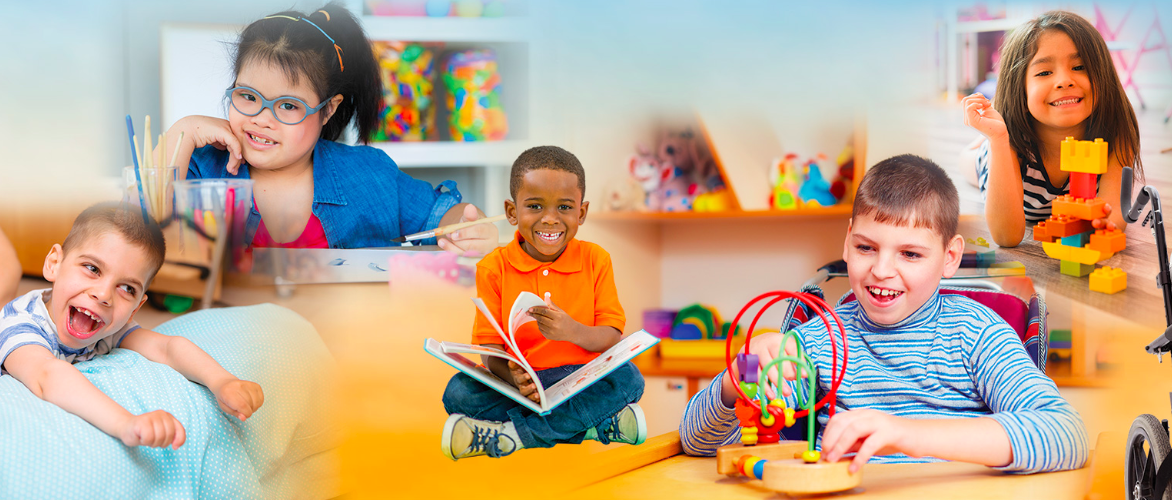
Building Social and Emotional Competencies Among Students with Intensive Needs – The National Center on Intensive Intervention
In this webinar, presenters Mara Schanfield and Zach Weingarten shared an overview of how social emotional learning (SEL) relates to intensive intervention and offer sample strategies and resources for building social and emotional competencies for students in need of intensive learning, social, emotional, or behavioral supports.
Podcasts of the Month

Transformational Coaching with Becca Silver - Buzzing with Ms. B. podcast
Instructional coaches often address content and skills with teachers but rarely focus on mindset. On this episode, Becca Silver of The Whole Educator talks about transformational coaching, its benefits, and how it's different from traditional coaching. You'll learn about reflective listening and building relationships with educators.
10 Quick IN-PERSON Group Exercises for Engagement – video with Chad Littlefield
Note that these exercises can easily be modified to fit the virtual environment. Chad’s snowball exercise is a crowd fave!

If You Have the Time

Why Putting the ‘Science of Reading’ Into Practice Is So Challenging
By Sarah Schwartz — July 20, 2022, Education Week
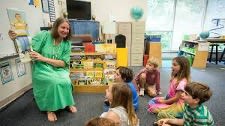
This article looks at Science of Reading training from a teacher’s perspective. Through the lens of a teacher the author considers communication and implementation as variables that add complexity to a State or district’s efforts.
Spreading and Scaling up Innovation and Improvement
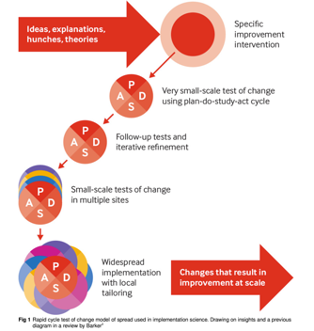
Disseminating innovation across the healthcare system is challenging but potentially achievable through different logics: mechanistic, ecological, and social, say Trisha Greenhalgh and Chrysanthi Papoutsi.
Greenhalgh is a leading thinker in scale up efforts and her research is used by leaders in implementation science. She provides a visual (above) to describe implementation science.
